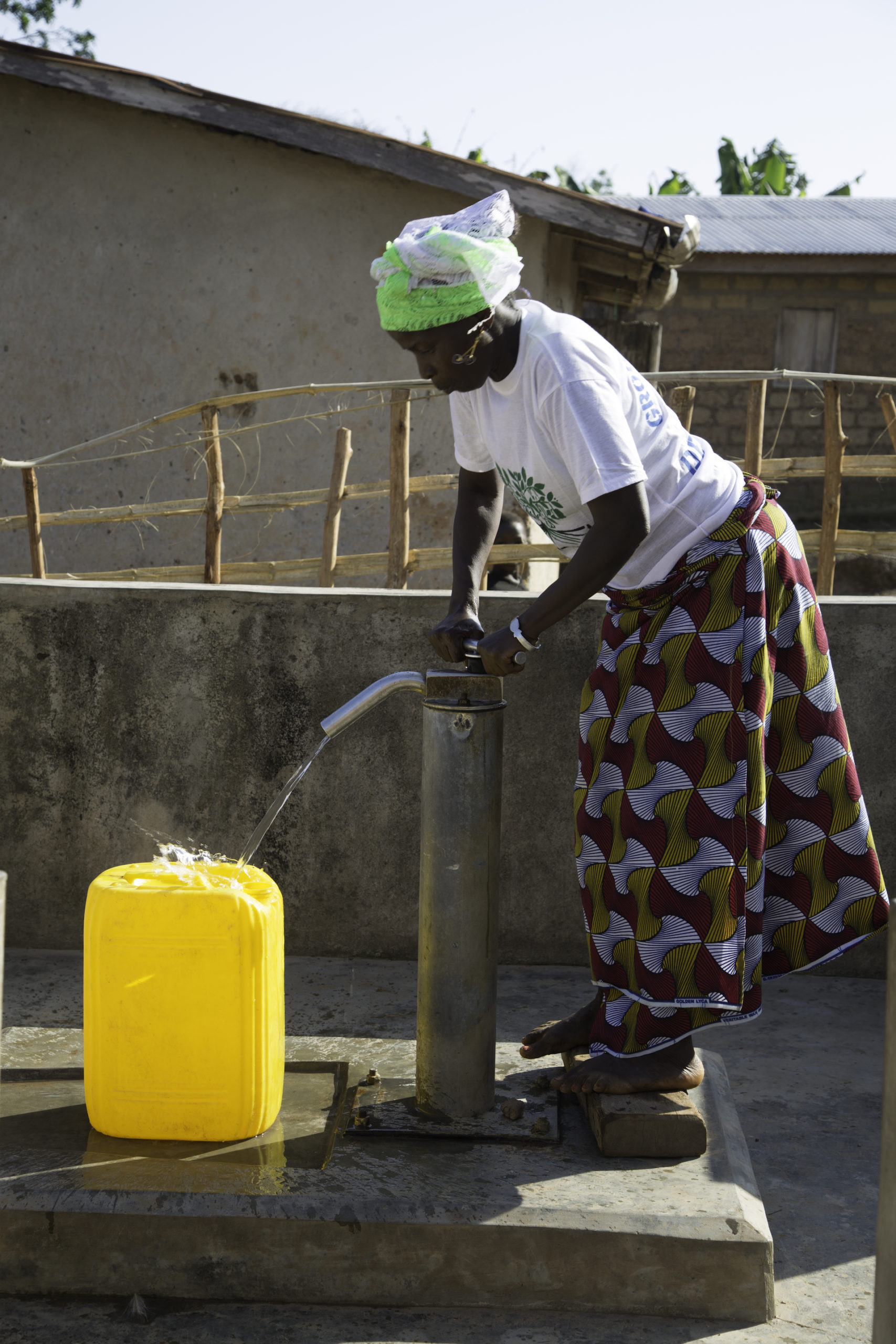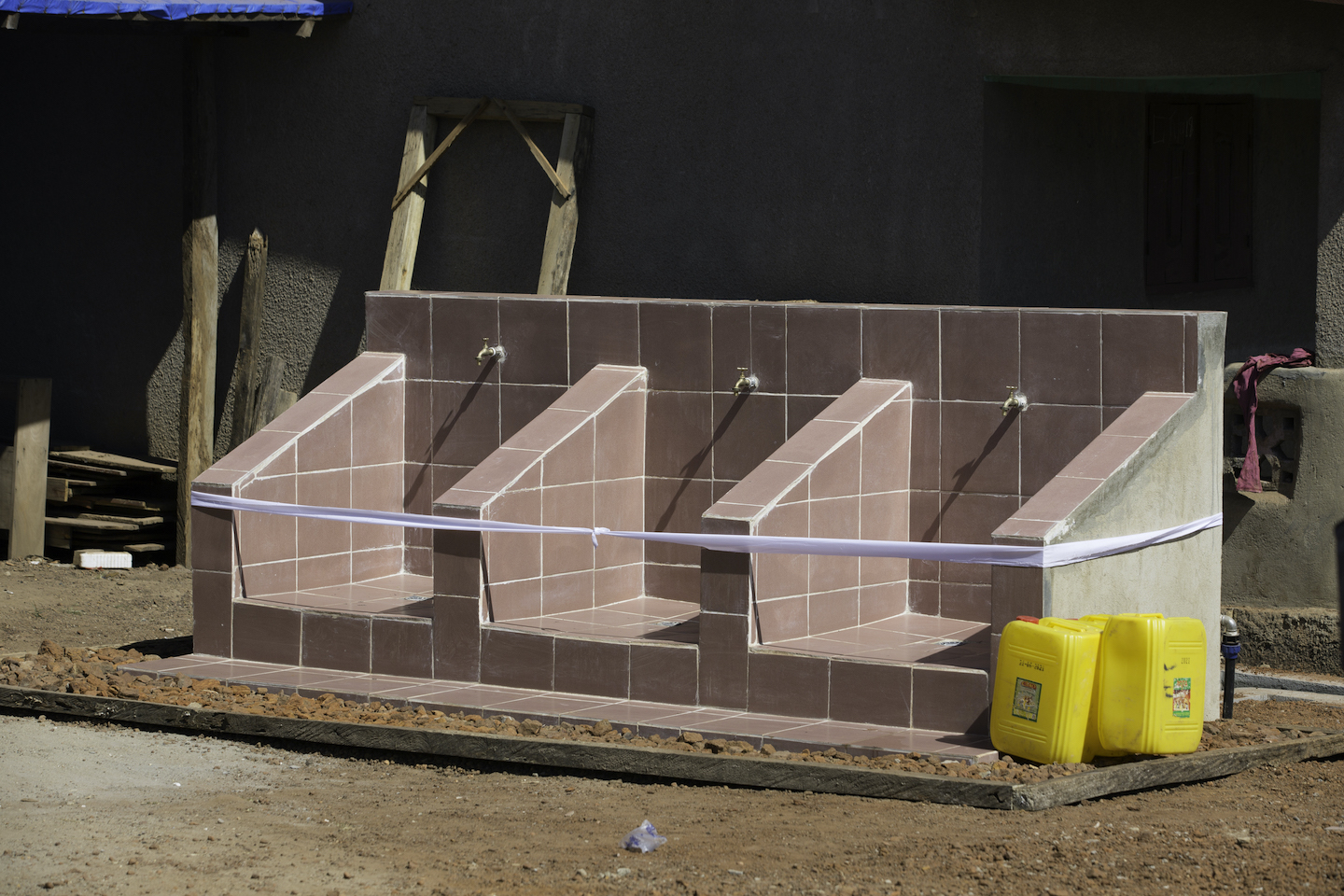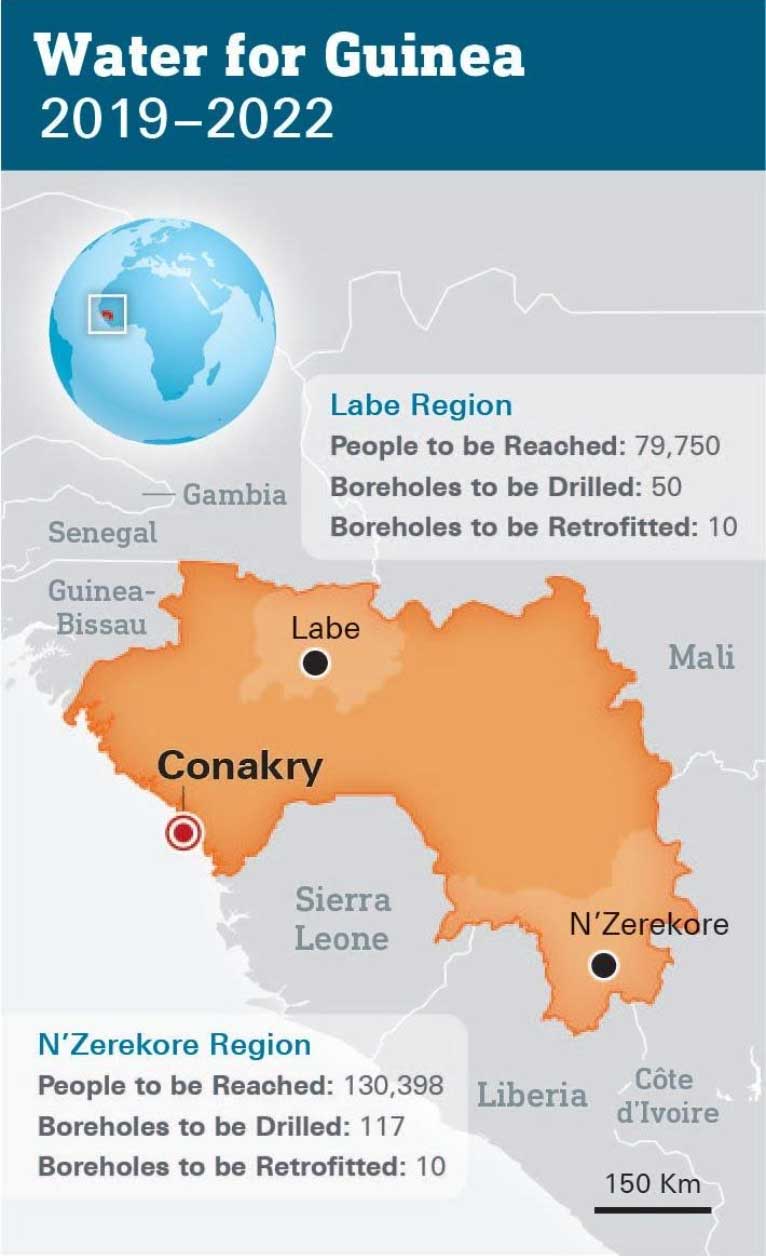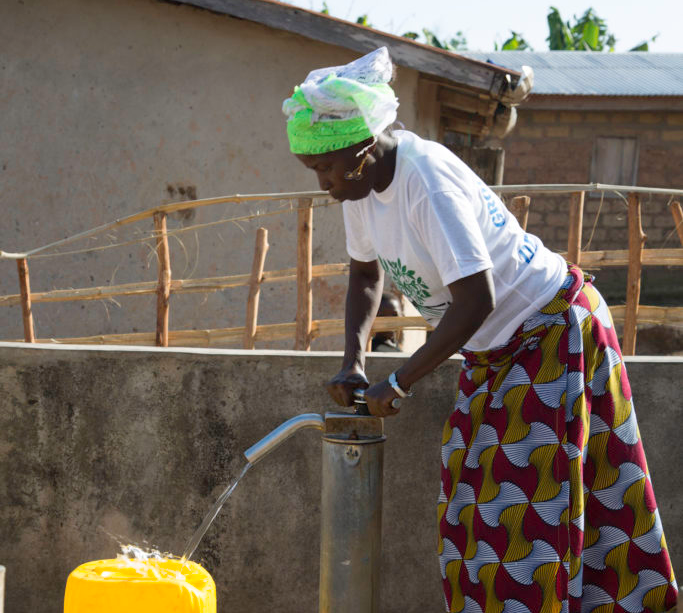Access to clean water is a human right. Still 663 million people in the world lack access to safe drinking water. In some cases there are no water sources to tap. However, in many cases underground water sources do exist, but remain untapped due to the high cost of extraction relative to the number of people needing access and or the inability to get traditional gas or electric powered drilling equipment to the site. By definition the majority of these cases are in small and or remote villages.
In 2014 AJA Foundation (AJAF) partnered with UNICEF by committing $830,000 of venture philanthropy to test the feasibility of achieving large scalability and of driving down water point drilling costs in small and remote villages in Guinea to compelling economic levels by utilizing only manual labor and the simplest of digging tools, a newly designed manual auger.
“Five years and 163 wells later, Water for Guinea, UNICEF’s Manual Drilling Program is a delivering clean, safe water to 126,745 people.”
Inside the Guinea Wash Project
Today, manually drilled bore holes utilizing a manual hand pump serving a village of roughly 400 people costs less than $5,000. In larger villages, the same manually drilled bore holes are combined with solar powered pumps to facilitate multiple water points with spigots capable of serving thousands of people.

A gift of $5,000 can provide sustainable life-saving water for an entire village.

A manually drilled installation utilizing solar power to allow more water points.
Having validated compelling economics, UNICEF and AJA Foundation are now embarking on Phase II of a multi-year and multi-phase plan to ultimately provide 10,000 water points in Guinea alone. Over the next four years, by retrofitting 20 existing water systems with solar pumps and digging 200 new water systems with hand pumps, Phase II will deliver sustainable clean water to an additional 210,038 Guineans and generation after generation that follow at a cost of $3.8 million of which AJA has committed $1.35 million.
To join AJA Foundation in fulfilling Guinean’s right to clean, safe drinking water, please call Colleen and visit (preferably on a non mobile device) https://www.unicefusa.org/waterforguinea


